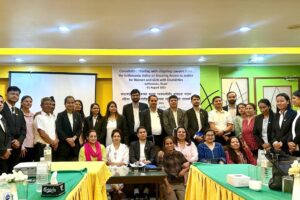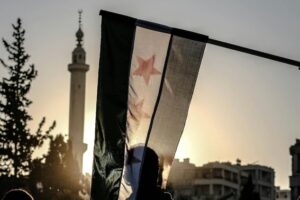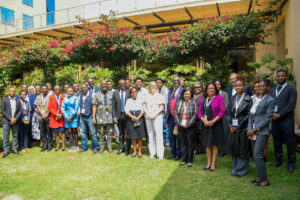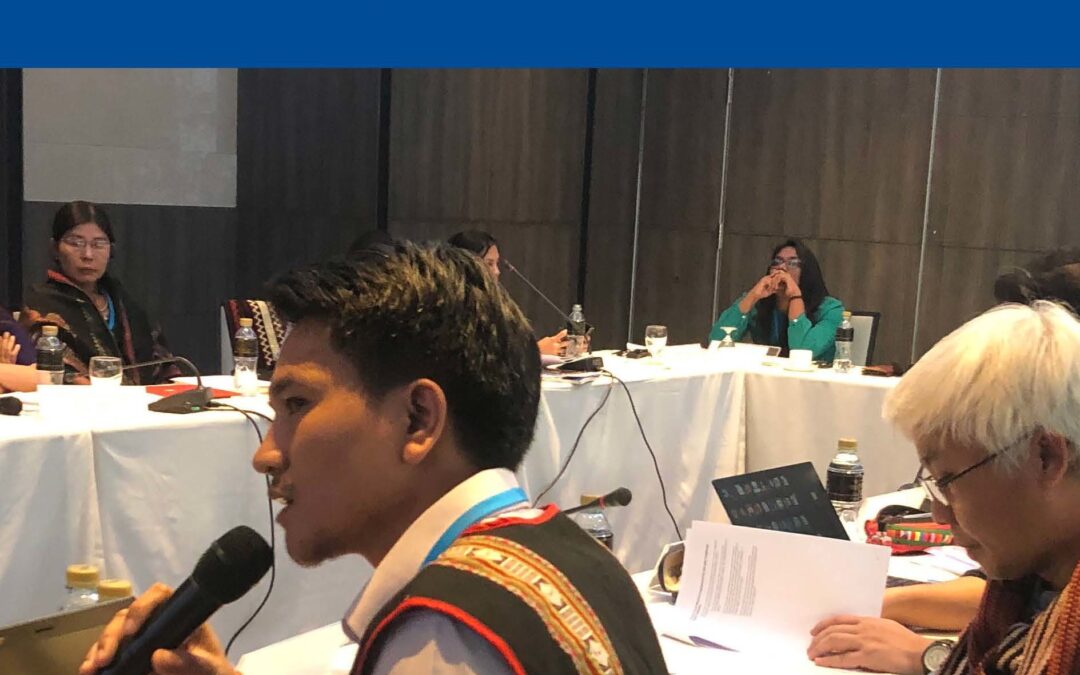
Jun 21, 2019 | News, Publications, Reports, Workshop reports
The ICJ has today published a report on indigenous and other traditional or customary justice systems in Asia.
The report is based on discussions at the 2018 Geneva Forum of Judges & Lawyers which was convened in Bangkok, Thailand, in December.
The Bangkok meeting brought together judges, lawyers, and other legal experts from around the Asia-Pacific region, from both formal State justice systems and indigenous and other traditional or customary systems.
Participants reaffirmed the potential for indigenous and other traditional or customary justice mechanisms to contribute to the realization of equal and effective access to justice, particularly for indigenous, rural, poor and other marginalised populations.
Participants stressed the importance of sustained consultations and engagement directly with indigenous justice systems, to encourage their development in harmony with international human rights standards and in coordination with more official or formal national legal institutions.
Participants also highlighted the opportunities and risks associated with similar forms of constructive engagement with other, non-indigenous, traditional or customary justice systems. The relevance of UN Sustainable Development Goal 16 was also highlighted.
Participants further agreed that States must at the same time ensure that formal systems are also made more accessible, both in practical and in cultural terms, to relevant communities.
The report urges that, in line with the UN Declaration on the Rights of Indigenous Peoples, constitutional or other legal provisions should recognize the role of indigenous justice systems, within an overall framework for protection and promotion of international human rights standards.
Indigenous peoples and States should jointly consider means for improved coordination and collaboration between indigenous and non-indigenous justice systems, with a view to seeing the different systems work in harmony to provide effective access to justice and protection of human rights for all people.
The report cautions however, that a similar approach may or may not be appropriate in relation to certain other traditional and customary justice systems not covered by the UN Declaration on Rights of Indigenous Peoples.
The report also outlines experiences from a number of countries around the region, both in terms of existing obstacles to equal access to justice, and the possibilities for constructive engagement.
It also identifies a number of legal and policy questions of continuing controversy, including on the relationship between indigenous and other traditional or customary justice systems, and the official State justice system, and how international human rights and rule of law standards should be applied.
The UN Special Rapporteur on the Rights of Indigenous Peoples, a key participant in the Bangkok meeting, has announced that her report to the Human Rights Council in September 2019 will focus on indigenous justice systems.
The interactive dialogue on her report will be an important opportunity for States and civil society to further exchange views on the best means of implementing the relevant provisions of the UN Declaration on the Rights of Indigenous Peoples in the diversity of contexts around the world.
The Geneva Forum global and regional consultations, the Special Rapporteur’s report and associated dialogue, and the ICJ’s own research, global experience and expertise, will provide a foundation for the development by the ICJ of further legal, policy and practical guidance to be published in 2020.
The report summarizing discussions at the 2018 Forum should be read in conjunction with the separately published and periodically updated Traditional and Customary Justice Systems: Selected International Sources, which compiles relevant treaty provisions, standards, conclusions and recommendations of UN and other expert bodies, as well as the Report of the 2017 Forum.
The Geneva Forum is an annual global meeting of senior judges, lawyers, prosecutors and other legal and United Nations experts, convened by the ICJ through its Geneva-based Centre for the Independence of Judges and Lawyers, with the support of the Canton and Republic of Geneva (Switzerland) and other partners.
Each year, participants and the ICJ discuss an issue relevant to the independence and role of judges, lawyers and prosecutors, with a view to developing and disseminating practical guidance for practitioners.
Contact
matt.pollard(a)icj.org
Universal-Trad Custom Justice GF 2018-Publications-Thematic reports-2019-ENG (full report in PDF)
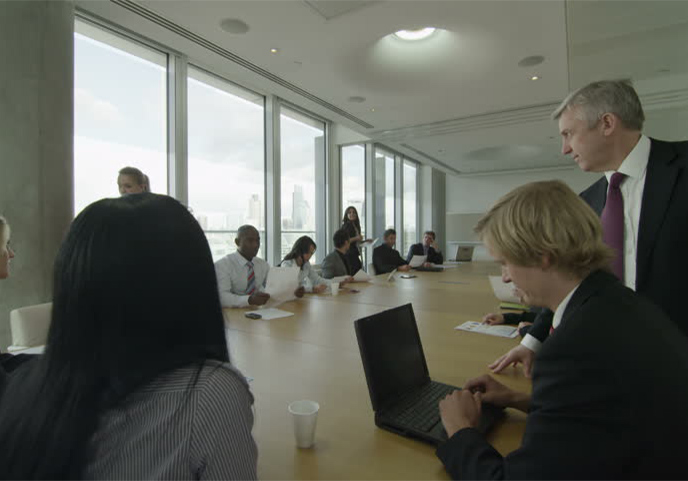
Jun 1, 2019 | Advocacy
In July 2018, it was published the “zero draft” of a proposed first universal treaty addressing business and human rights. The document was authored by Ecuador’s Ambassador in Geneva acting as chair of the Intergovernmental Working Group (IGWG) in charge of drafting the instrument.
The draft is strongly focused on issues of legal accountability of business enterprises and access to justice and remedy for those who allege harm by a business enterprise. The draft was presented and discussed in “first reading” by States and observers during the fourth session of the IGWG in October 2018.
In this document, the ICJ presents its comments to the zero draft. This commentary is not intended as a comprehensive assessment of the draft, but it rather addresses select provisions of priority concern to the ICJ on first reading. It contains recommendations on the way to strengthen them in accordance with human rights and rule of law principles.
Universal-Comments Draft Treaty BHR-Advocacy-2019-ENG (full text, in PDF)
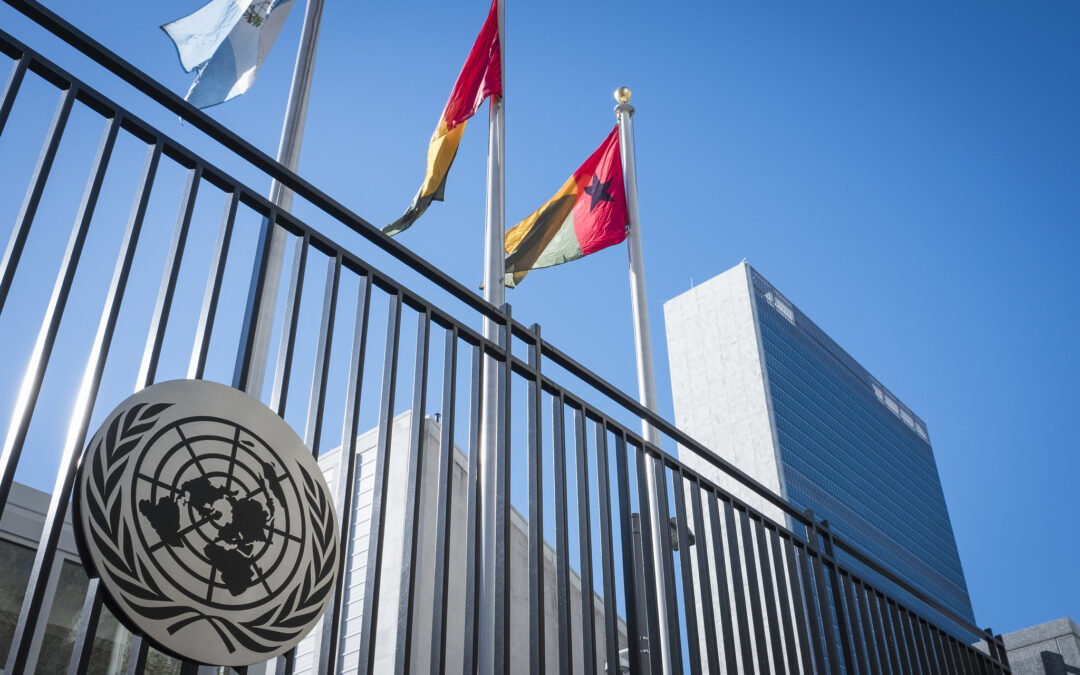
May 29, 2019
Together with hundreds of NGOs, the ICJ has urged States to redress the critical funding gap affecting UN human rights mechanisms, which is poised to cause postponement or cancellation of crucial sessions at the UN, allowing violators of human rights to avoid scutiny and accountability.
The NGOs were reacting following the revelation that the UN High Commissioner for Human Rights had written to independent experts that monitor human rights on behalf of the UN (treaty bodies and special procedures), warning that delayed payments by States of their UN contributions, coupled with underlying budget cuts, would likely mean postponement, cancellation or curtailment of their activities.
This included specifically likely cancellation of the autumn 2019 sessions of six of the ten human rights treaty bodies that review States implementation of their obligations under human rights treaties, and in many cases, also consider individual complaints of violations.
Only 3.7 percent of the total UN regular budget is currently allocated to the UN Office of the High Commissioner for Human Rights, meaning the cuts to the budget for the mechanisms have a highly disproportionate impact on the UN’s human rights work.
The NGOs responded through an open letter to all States’ permanent missions in Geneva and New York, urging that they:
- pay their assessed financial contributions without further delay.
- prioritize securing adequate funding for the UN’s human rights work.
- reverse the trend of reduced budgets for UN human rights work and restore the budget allocations whose cuts have resulted in the current likelihood of cancellations and postponements.
The full open letter, including additional details as well as the list of signatories, can be accessed in PDF format here: UN-OpenLetter-BudgetOHCHR-2019-EN
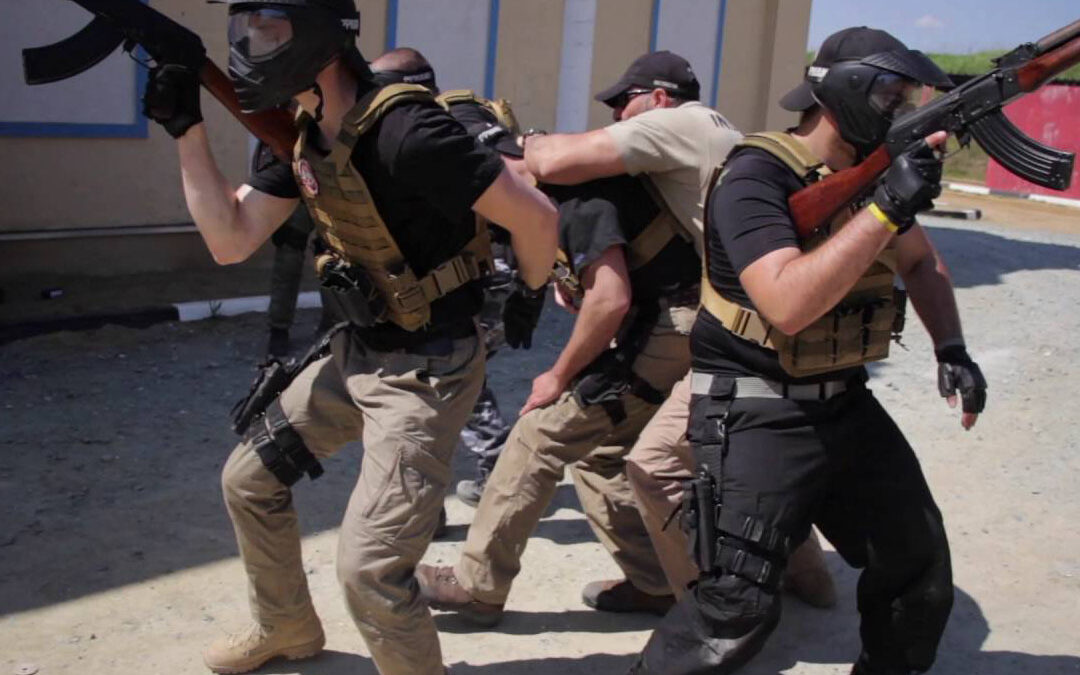
Apr 25, 2019 | Advocacy, Non-legal submissions
The ICJ draws attention to instances of alleged human rights abuses by the private military and security companies in all regions and analyses the challenges related to the accountability frameworks and access to justice.
The ICJ contribution is in response to the call by the UN Working Group on the use of mercenaries, which also has a mandate on private security companies, for written information to assist in its deliberations on “private military and security companies in extractive industries – impact on human rights”.
Private Military and Security Companies (PMSCs) are hired by companies engaged in extractive operations in all geographic regions of the world, but their activities or operations that give rise to allegations of human rights violations and abuses seem to be prevalent regions where abundance of natural resources and the favorable environment for foreign investment are propitious to the establishment of extractive companies in, many times, fragile contexts.
In this regard ICJ suggests the Working group to consider the following recommendations:
- States should ensure that their domestic legal framework provides for real access to effective remedies for victims of human rights abuse by PMSCs and extractive companies.
- Provide guidance to States to establish effective legal accountability frameworks of criminal or civil nature that pay due consideration to the inherently dangerous nature of the mining activity and the security services operating in that context.
- Recommend that States establish legal frameworks that require meaningful reporting/disclosure of company policies and practices in relation to human rights, including their use and effectiveness of grievance mechanisms at the operational level.
- Both extractive and security companies should respect all human rights in accordance with international standards, including the UN Guiding Principles on Business and Human Rights, the Voluntary Principles on Security and Human Rights and other sectorial guidance applicable to PMSCs.
- Security companies, whatever their structure or ownership, should carry out enhanced processes of due diligence consistent with international best practices, and participate in remediation schemes.
Universal-ICJ Submission PSC and extractive industries-Advocacy-non legal submissions-2019-ENG (full text of the report, in PDF)
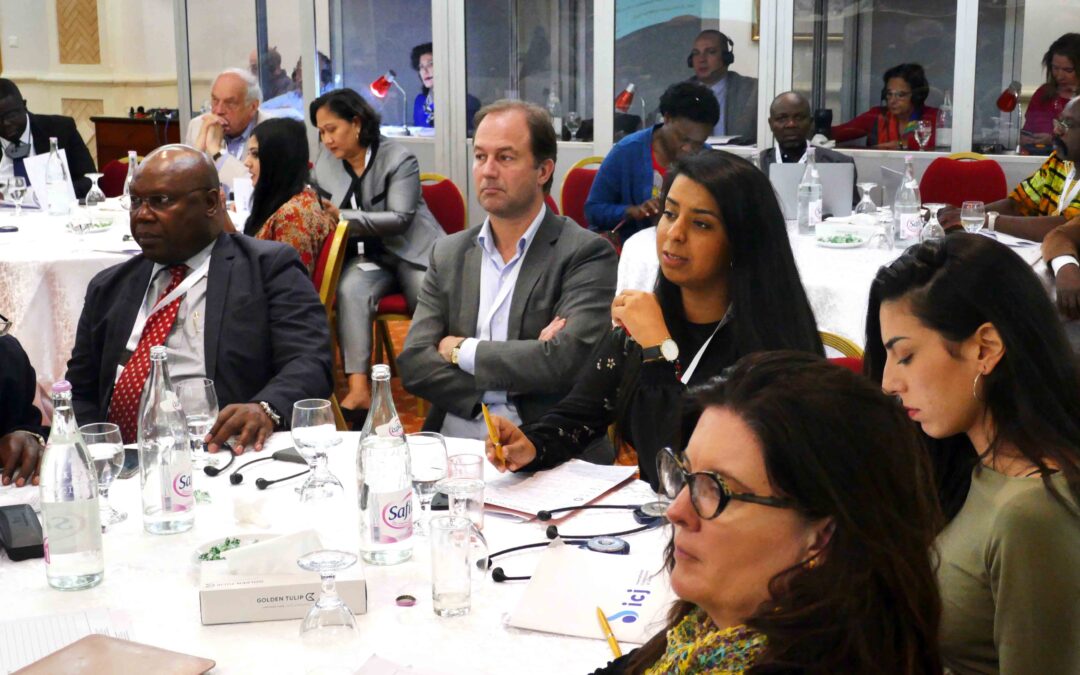
Apr 4, 2019
At the 19th World Congress of the ICJ held in Tunisia on 23-24 March, some 100 distinguished judges, lawyers came together to adopt the Tunis Declaration on Reinforcing the Rule of Law. The Declaration was published today. Watch the Congress video clip.
The Tunis Declaration reaffirms the ICJ’s unyielding commitment to defend and advance the Rule of Law and human rights at a time when commitment to them by States and other powerful actors appears to be wavering.
It stresses that not only are human rights and the Rule of Law indispensable to the betterment of the human condition and a dignified life for all people, but also must be harnessed and developed to address such contemporary challenges as catastrophic climate change and the effects of digital technology.
The Declaration sets out key elements of the Rule of Law and human rights and aspects of their application to the independence of judges and lawyers; access to justice and accountability; security; equality and non-discrimination; and civil society space and fundamental freedoms.
In respect of each of these areas, the ICJ, including its Commissioners, Honorary Members, National Sections and Affiliate Organizations commit themselves to a particular course of action.
ICJ President Robert Goldman said: “Since its founding in 1952, the ICJ has played a preeminent, if not unique, role in seeking to promote and uphold the rule of law around the globe. While notable progress has been made over the years, we sadly are now in a period of clear regression.”
“Today the very concept of the rule of law is itself under attack, particularly by self-styled populist leaders on the Left and Right who have embraced and espouse authoritarian, nationalistic and xenophobic policies.”
“Their policies have led to the demonization of immigrants, asylum seekers and minorities, as well as attacks on human rights defenders and civil society organizations, attacks on the civilian judiciary, attacks on the media, attacks on and arrests of opposition leaders, and the use of counter-terrorism laws against peaceful protesters and the use of military courts to try them.”
“Such practices are exquisitely antithetical to and utterly destructive of the rule of law and the rights based system that the ICJ has sought to promote and protect over the years.”
“While these new challenges to human rights and the international legal framework supporting them are grave indeed, the ICJ is, by experience and deeds, is uniquely qualified to meet them.”
“The Tunis Declaration and plan of action for the ICJ vigorously reaffirms our vision of a rule of law that upholds the dignity and human rights of every person everywhere in the world.”
Download
Universal-ICJ The Tunis Declaration-Advocacy-2019-ENG (the Tunis Declaration, in PDF)
Universal-ICJ Congresses-Publications-Reports-2019-ENG (the ICJ Congresses booklet, in PDF)
Watch the ICJ Congress 2019 video:






